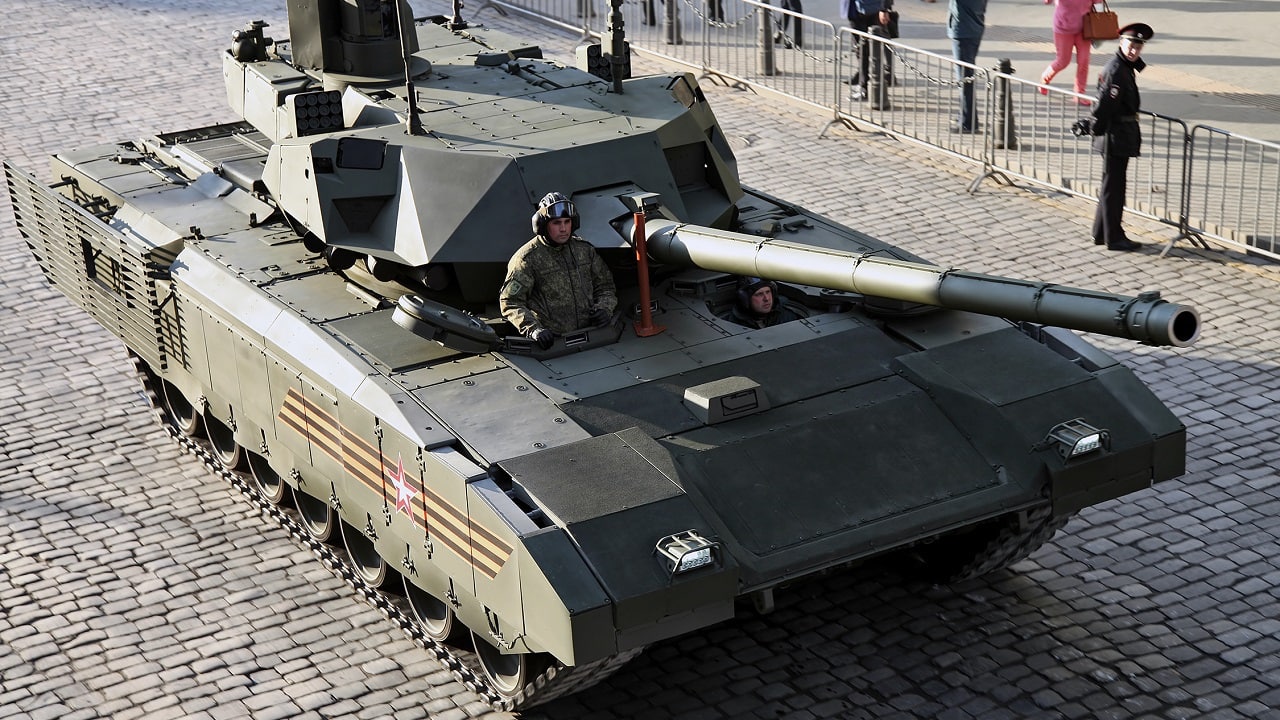Putin Won’t Be Able to Fix This Problem Easily: During his nightly address on Sunday, Ukrainian President Volodymyr Zelenskyy confirmed that he had made some progress in discussions with European Union leaders to implement a travel ban for Russian tourists.
Speaking on national television, Zelenskyy said that many more countries and politicians are engaging in discussions with him about implementing visa restrictions for Russian travelers.
“The discussion about visa restrictions in Europe for holders of Russian passports is expanding every day, new states and new politicians are joining it. Ultimately, this should lead to appropriate decisions,” the Ukrainian president said.
After expressing his gratitude for the support of law enforcement officers, intelligence officers, and journalists in documenting crimes committed by Russian soldiers, Zelenskyy insisted that every criminal would be held to account. The Ukrainian president also stressed the importance of ordinary people standing up to Russia.
“But we must remember that when evil takes on such proportions, people’s silence approaches the level of complicity. And the rejection of the real fight against evil becomes the assistance to it,” he said.
“Therefore, if you have Russian citizenship and you are silent, it means that you are not fighting, it means that you are supporting it. And no matter where you are – both on the territory of Russia and abroad – your voice should sound in support of Ukraine, and therefore against this war.”
What’s the Point?
While a possible entry ban for Russian citizens to the European Union and other supportive countries may make little sense at face value – given that the Russian people themselves are not behind the war – it appears as though Zelenskyy is looking to put pressure on the Kremlin from Russian citizens.
On Saturday, Ukrainian Foreign Minister Dmytro Kuleba said that Russian citizens unhappy about the possibility of a ban on tourist travel to Europe should make their complaints heard by the Kremlin.
“Russians upset by the prospect of a ban on tourist trips to Europe, can direct their complaints to the Kremlin and more than 70% of their compatriots who support the war,” Kuleba said, also putting pressure on Russians who back Putin’s war in Ukraine.
According to a survey by the Levada Center, perhaps the most reputable independent pollster in Russia, a majority of Russians maintain their support for Putin’s war in Ukraine despite crippling economic sanctions levied against the country’s financial institutions and businesses.
Kuleba noted that nobody in the Ukrainian government is suggesting that Russians seeking entry to Europe on a humanitarian basis should be banned from the country.
The principle is the same as many of the economic sanctions placed against the country. Many major Western brands, including coffee chain Starbucks and sports brand Nike, have pulled out of the Russian market entirely. The move hurts the Russian economy, reduces choice for Russian citizens, and theoretically puts pressure on the Kremlin as more Russian citizens become fed up with the economic turmoil they experience as a result of the conflict.
Jack Buckby is a British author, counter-extremism researcher, and journalist based in New York. Reporting on the U.K., Europe, and the U.S., he works to analyze and understand left-wing and right-wing radicalization, and reports on Western governments’ approaches to the pressing issues of today. His books and research papers explore these themes and propose pragmatic solutions to our increasingly polarized society.

